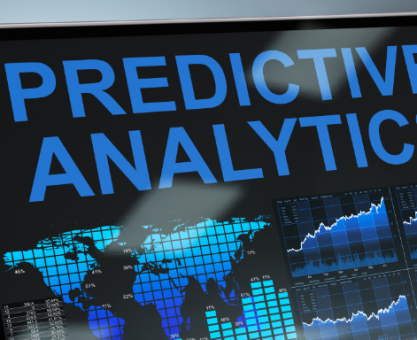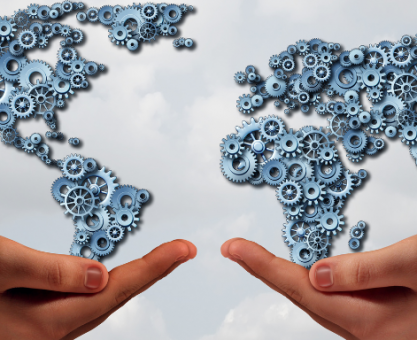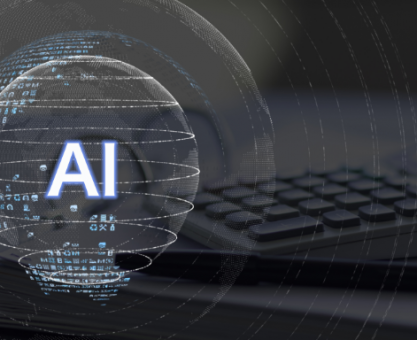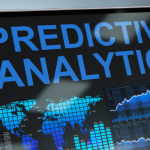Executive Summary
-
Artificial Intelligence (AI) and Blockchain are revolutionizing international trade by enhancing transparency and efficiency.
-
The integration of AI and Blockchain offers real-time tracking of goods, reducing fraud and human error.
-
These technologies enable better compliance management and streamline complex supply chains.
-
Companies employing AI and Blockchain in trade can achieve significant cost reductions and improved trust with partners.
-
This article explores the benefits, challenges, and strategic insights for leveraging AI and Blockchain in global trade.
Introduction
In an era where global trade is the backbone of economies, transparency and efficiency are paramount. Traditional trade processes often suffer from inefficiencies, fraud, and a lack of transparency. Enter AI and Blockchain, two groundbreaking technologies that promise to transform international trade. This article delves into how these technologies are reshaping the landscape, providing traders, investors, and businesses with the insights needed to harness their potential.
Definitions / Context
Artificial Intelligence (AI): A branch of computer science that focuses on creating systems capable of performing tasks that require human intelligence.
Blockchain: A decentralized digital ledger technology that records transactions across many computers in such a way that the registered data cannot be altered retroactively.
Together, AI and Blockchain are redefining the foundation of how goods are moved, tracked, and paid for across borders.
Benefits / Pros
-
Enhanced Transparency: Blockchain‘s immutable ledger provides an accurate and transparent record of transactions.
-
Improved Efficiency: AI automates processes such as document verification and customs clearance, speeding up trade cycles.
-
Fraud Reduction: Smart contracts on the Blockchain can automatically enforce trade agreements, minimizing the risk of fraud.
-
Cost Savings: By reducing the need for intermediaries, these technologies lower transaction costs.
-
Real-Time Tracking: AI-powered analytics allow for real-time tracking and forecasting of shipments, improving inventory management.
Risks / Cons / Challenges
-
Implementation Costs: Initial setup and integration of AI and Blockchain can be costly.
-
Regulatory Hurdles: Different jurisdictions have varying regulations, complicating cross-border trade.
-
Data Privacy Concerns: Ensuring data privacy on a public Blockchain is challenging.
-
Technical Expertise: Both technologies require specialized knowledge, which can be a barrier for some companies.
Step-by-Step Process
How to Integrate AI and Blockchain in Trade:
-
Assess Needs: Evaluate your trade processes to identify areas where AI and Blockchain can add value.
-
Choose Platforms: Select the appropriate AI tools and Blockchain platforms based on your business requirements.
-
Pilot Program: Start with a pilot project to test integration and address any technical challenges.
-
Scale Up: Once proven, expand the implementation across your trade processes.
-
Monitor and Optimize: Continuously monitor the system and optimize based on feedback and data analysis.
XYZ Corp, a global logistics company, implemented AI and Blockchain to manage its supply chain. By leveraging AI for predictive analytics and Blockchain for secure transaction recording, XYZ Corp reduced its shipping errors by 40% and improved delivery times by 25%. This transformation enhanced their reputation and trust among international partners.
XYZ Corp–
Expert Tips / Strategic Insights
-
Stay Updated: Regularly update your AI and Blockchain systems to incorporate new features and security patches.
-
Collaborate with Experts: Engage with technology consultants to ensure successful integration.
-
Regulatory Compliance: Keep abreast of international trade regulations to ensure compliance.
-
Leverage Analytics: Use AI-driven insights to make data-backed strategic decisions.
Tools / Resources / Calculators
-
Blockchain Platforms: Ethereum, Hyperledger
-
AI Tools: IBM Watson, Google AI
-
Compliance Checklists: World Trade Organization (WTO) guidelines
-
Educational Resources: Coursera courses on AI and Blockchain
Conclusion
AI and Blockchain are powerful tools that offer significant gains in transparency and efficiency for international trade. By integrating these technologies, businesses can reduce costs, improve trust, and stay competitive in the global market. To explore how these innovations can benefit your business, consider engaging with industry experts and advisors.






















